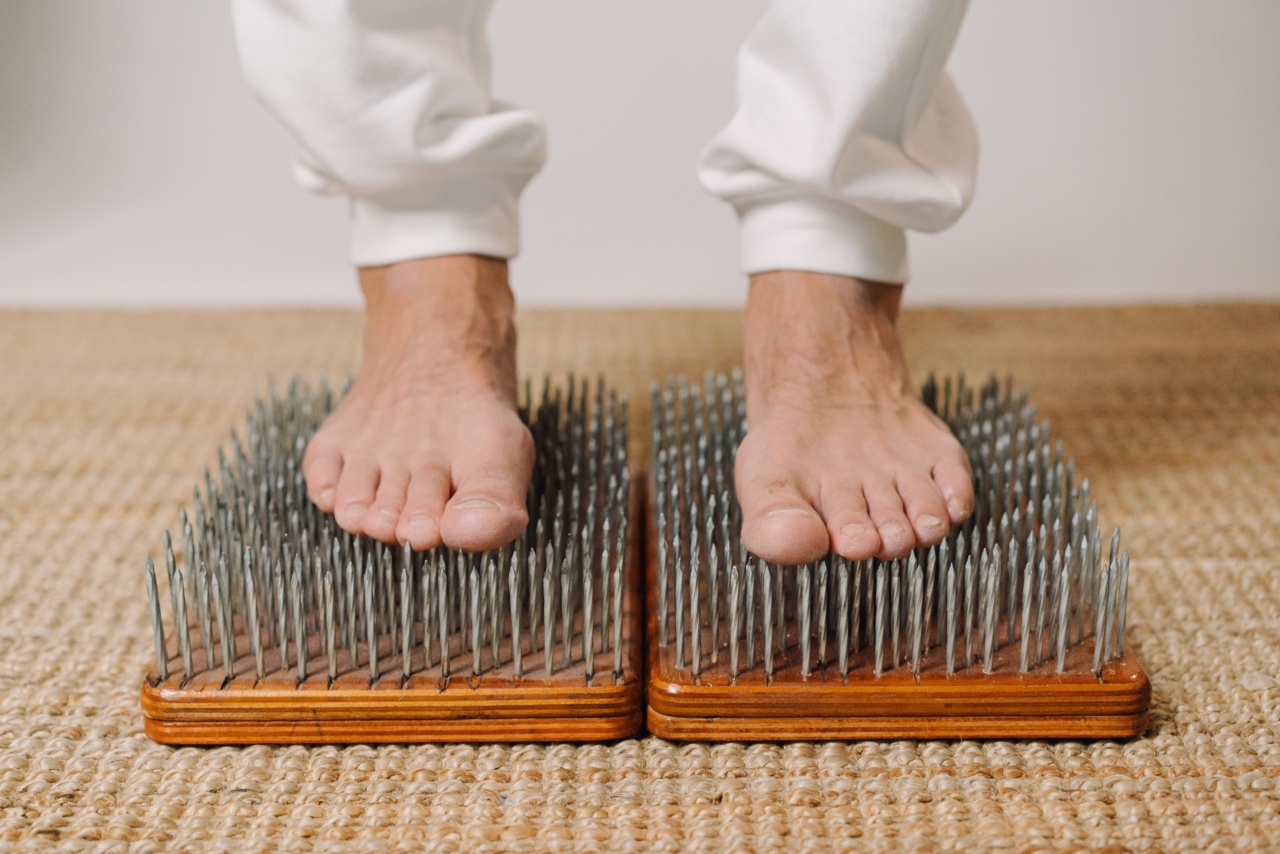As we age, it becomes increasingly important to prioritize our cognitive health. Keeping our minds sharp and agile can help prevent cognitive decline and ensure a fulfilling and independent lifestyle well into our 70s and beyond.
Thankfully, there are several habits we can adopt to promote a healthy and sharp mind. By incorporating these habits into our daily lives, we can enhance our cognitive function and maintain mental acuity in our golden years.
Eat a Balanced Diet
A nutritious, well-balanced diet is crucial for maintaining a sharp mind. Consuming a variety of fruits, vegetables, whole grains, lean proteins, and healthy fats provides essential nutrients that support brain function.
Omega-3 fatty acids, found in fatty fish like salmon, as well as nuts and seeds, can promote brain health and prevent cognitive decline.
Stay Physically Active
Regular exercise not only benefits our physical health but also has a positive impact on our cognitive abilities.
Engaging in activities such as brisk walking, swimming, or yoga can improve blood circulation to the brain, enhance memory, and boost overall brain health. Aim for at least 150 minutes of moderate-intensity exercise each week to reap the cognitive benefits.
Maintain Social Connections
Staying socially engaged is vital for cognitive health in our 70s. Regular interactions with friends, family, and community members can help ward off feelings of loneliness and depression, which negatively impact cognitive function.
Joining clubs, volunteering, or participating in group activities are excellent ways to foster social connections and keep our minds sharp.
Challenge Your Brain
Keeping our brains stimulated and engaged is crucial for maintaining mental acuity.
Engaging in challenging activities that require mental effort, such as puzzles, reading, learning a new language, or playing a musical instrument, can help strengthen neural connections and improve cognitive function. Continually seeking out new and stimulating experiences is key to keeping our minds sharp in our 70s.
Get Sufficient Sleep
Quality sleep is essential for proper brain function and cognitive health. During sleep, the brain consolidates memories and rejuvenates, allowing us to think clearly and stay mentally sharp.
Aim for 7-9 hours of uninterrupted sleep each night to ensure optimal brain function in your 70s.
Manage Stress Effectively
Chronic stress can have detrimental effects on our cognitive abilities.
Learning and practicing stress management techniques, such as meditation, deep breathing exercises, and engaging in hobbies or activities that bring joy, can help reduce stress levels and protect our cognitive health as we age.
Stay Hydrated
Proper hydration is vital for overall health, including brain function. Dehydration can impair cognitive performance and lead to fatigue and difficulty concentrating.
Ensure you drink an adequate amount of water throughout the day to keep your mind sharp and functioning optimally.
Limit Alcohol Consumption
Excessive alcohol consumption can negatively impact cognitive function, memory, and overall brain health. Limiting alcohol intake to moderate levels or avoiding it altogether is crucial for maintaining a sharp mind in your 70s.
Engage in Mindfulness Practices
Mindfulness practices, such as meditation and deep breathing exercises, have been shown to improve attention, focus, and overall cognitive function.
Taking a few minutes each day to practice mindfulness can help keep your mind sharp and promote mental well-being.
Stay Curious and Continuously Learn
A curious mind is an active mind. Continuously learning new things, whether through reading, attending classes, or exploring new hobbies, stimulates brain activity and promotes neuroplasticity.
Embrace a growth mindset and never stop seeking knowledge and new experiences in your 70s.































